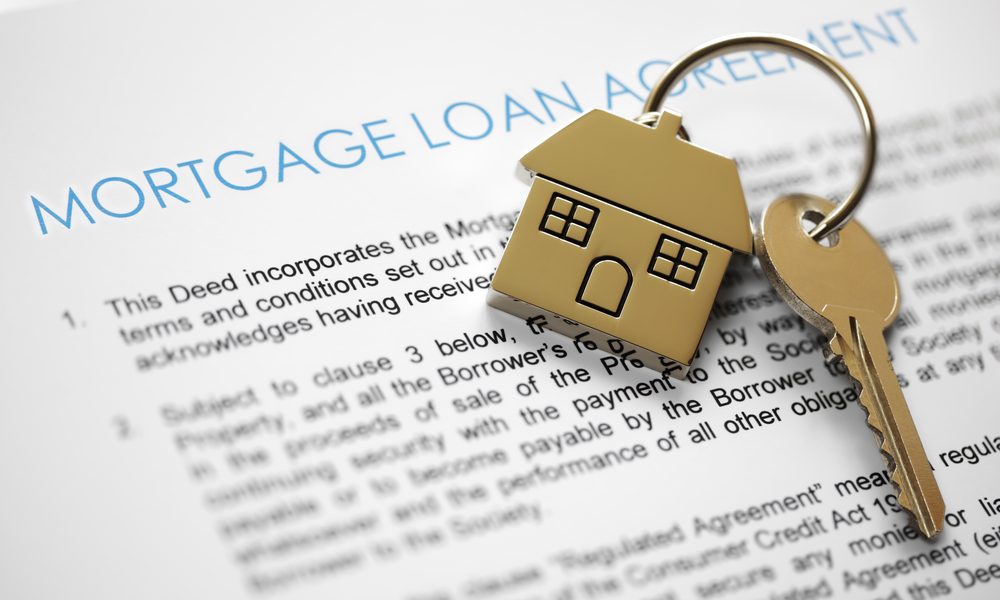If you are looking for how to secure a mortgage in Atlanta, you have come to the right place. There are a number of ways to do so. You can make a larger down payment, you can reduce your taxable income, and you can pay off as much debt as possible.
Pay down as much of your debt as you can
There’s no denying that a mortgage is a significant financial commitment. As such, a well-crafted debt management plan is imperative. Not to mention a tight budget. Luckily for the uninitiated, many lenders are more than willing to help a homeowner on a dime. Having said that, there are some dos and don’ts you’ll want to be aware of. A bit of research and legwork will go a long way, especially if your goal is to own your own piece of real estate in as little as five years. For more details on the subject, consult your mortgage lender. This may be the best way to avoid a tiff between the two of you and your mortgage. Using a lender like Mortgage Brokers of America will have you on your way to a loan on time, on budget and in good standing in no time.
Register on the electoral roll
Getting on the electoral roll is an important part of the process of securing a mortgage. The roll provides lenders with information on you and your address, which helps them confirm details. In particular, it shows that you are a registered voter.
Being on the roll is also good for your credit rating. As well as improving your chances of getting approved for a mortgage, being on the roll can help you get a new car or buy a home.
You can apply for registration by post or online. To ensure that your information is accurate, you must complete the relevant forms. This can take two to seven weeks.
You may need to provide additional proof. For instance, you might need to show proof of residency, such as utility bills. Many lenders prefer to see that you are living at the same address for a long period of time.
It is illegal to not register. If you do not appear on the electoral roll, you could be at risk of identity theft and fraud. Fortunately, re-registering can prevent these problems.
Some employers check the electoral roll when applying for a job. Similarly, banks and building societies require up-to-date information about you.
Keeping your name and address on the electoral roll can also help you with first time mortgage applications. Getting on the roll is a free service, but it can take between two and seven weeks.
If you have a change of address, you should check to see if it will affect your credit score. If so, you should contact a credit reference agency to update your details. Credit Reference Agencies (CRAs) – such as Experian, TransUnion, and Equifax – will receive updates from your local council.
Reduce your taxable income
Obtaining a new home can be an expensive endeavor. The good news is that there are several tax savvy ways to reduce your taxable income without going broke. The first is to find out what you are allowed to write off on your taxes. Next, consider using pre-tax retirement accounts and IRAs. Finally, consider using flexible spending accounts to cover medical expenses. Using these options will reduce your tax bill in the long run.
In the spirit of transparency, we will also discuss some of the most important tax-related questions. If you are interested in a more streamlined approach to managing your hard-earned money, we suggest enlisting the help of a tax professional. Getting a leg up on the competition will not only save you time and money but it will also put you one step closer to the American Dream. And that is a worthy goal for any individual. Whether you are a first-time homebuyer, a seasoned veteran or a savvy investor, we can assist you in finding the right mortgage for you. For more information on our services, contact us today.
Make a larger down payment
If you plan to buy a home in the future, a larger down payment may be in your best interest. Larger down payments allow you to reduce your mortgage balance and pay it off faster. This will also help you get a lower interest rate.
A higher down payment can also provide more equity in your home. This can help you avoid private mortgage insurance (PMI) and qualify for lower interest rates. These benefits can make a big difference in your finances.
However, if you choose a bigger down payment, you will need to spend more of your own money to secure a loan. This can be a costly mistake. Paying too much can deplete your savings and may impact your long-term financial health.
It’s also important to consider the effect of a down payment on your credit score. In addition, a down payment may affect your debt-to-income ratio. This metric compares your total monthly debt payments to your pre-tax income. Your debt-to-income ratio helps your lender evaluate your financial situation and decide how much to lend you.
Another advantage to a larger down payment is that it can make you less likely to haggle for your home. Having the down payment in hand when you make an offer is a strong indicator that you’re a reliable buyer and will pay your mortgage.
In addition, a larger down payment can increase your ability to qualify for additional loans in the future. You can also hold on to your down payment to help you save for unexpected expenses.
Before you choose a down payment amount, you’ll need to figure out your budget. You’ll need to factor in the costs of your monthly bills, property taxes, maintenance, and repairs. Also, you’ll need to factor in your goals for a new home.
Compare mortgage rates
One of the best ways to secure a mortgage is to compare mortgage rates. Shopping around can make a huge difference in the total interest you pay over the life of the loan. There are many factors to consider, including how much money you’re able to put down and your credit score.
First, a high credit score can improve your odds of getting the lowest rate. A high credit score shows lenders that you’re able to manage your finances. If you’re borrowing a large amount, you can save on interest payments by making a larger down payment.
You can also get lower rates by refinancing or remortgaging. The interest rate you pay on your current mortgage will change if you change lenders. Refinancing allows you to save on closing costs and the time it takes to pay off fees.
Mortgage rates change daily. Some websites, such as Money, show a daily average rate, which is based on a national average of 8,000 lenders. Rates vary by location, so you should enter your zip code to see what rates you can get.
Lenders charge different rates for borrowers with different credit scores. Your down payment size can also affect your mortgage rate. It’s a good idea to save up for a down payment of at least five percent.
Once you’ve compared mortgage rates, you can decide which one is the best deal. Often, the best rates are found online. Online mortgage comparison sites allow you to enter your information and get loan estimates from several lenders in a matter of minutes.
It’s also a good idea to check your lender’s credentials. Make sure they have a valid NMLS number.

